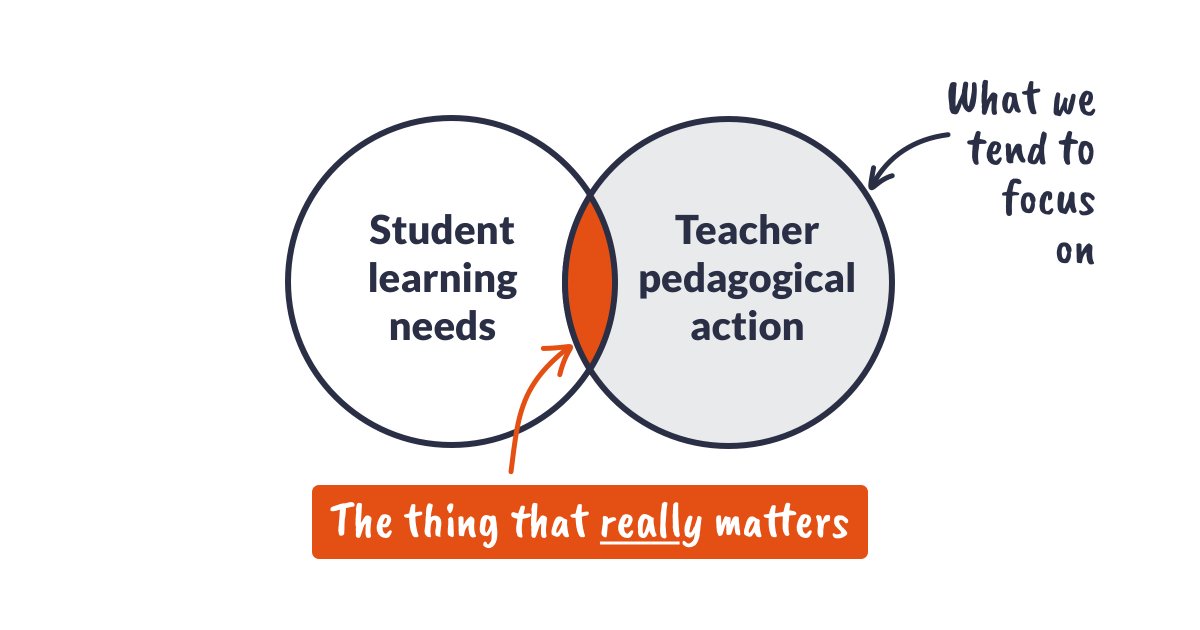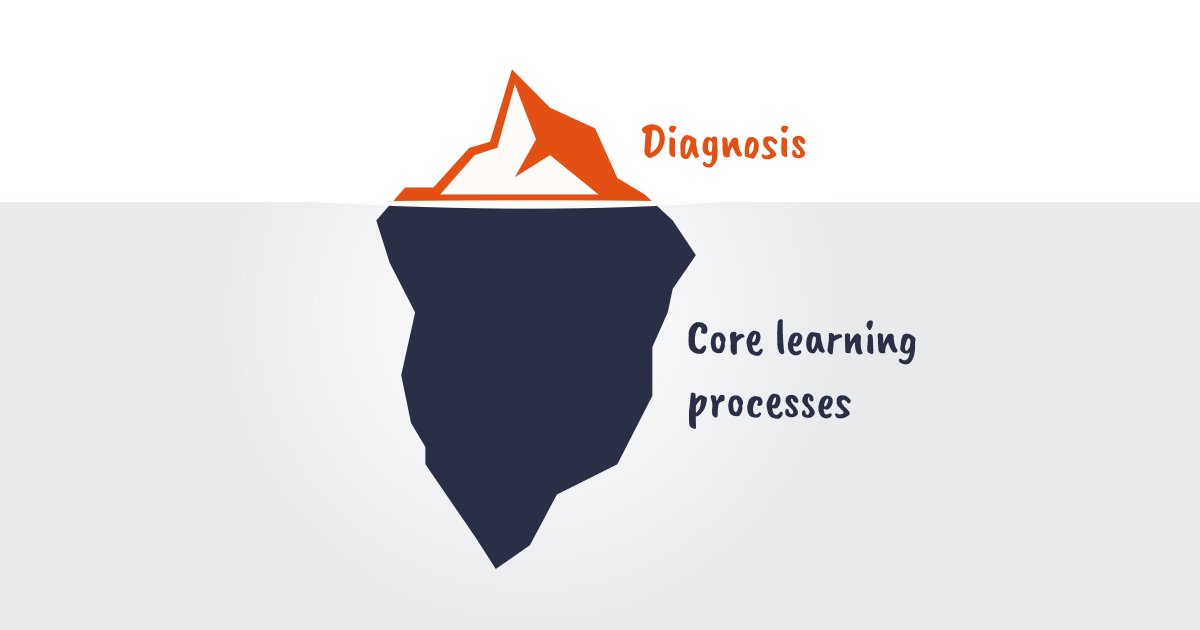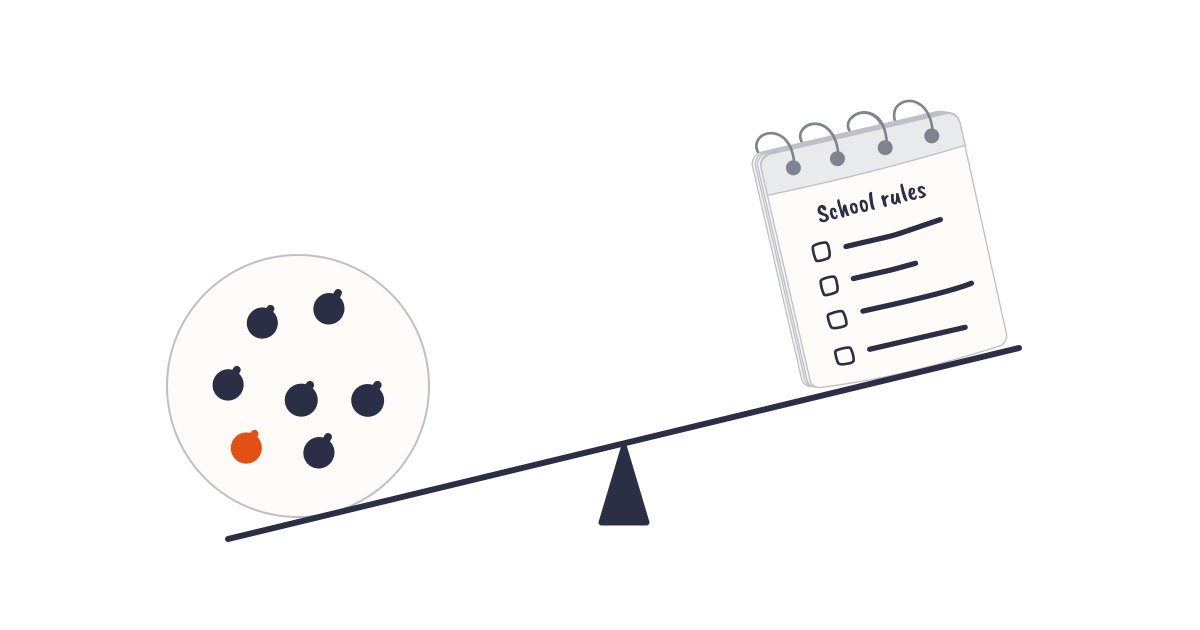
Keeping you informed • Director of Education @Steplab_co & author of Evidence Snacks → weekly 5-min email read by 30k+ teachers • edu/acc
12 subscribers
How to get URL link on X (Twitter) App


 What our students pay attention to and think about is what they end up learning.
What our students pay attention to and think about is what they end up learning.
 When behaviour is strong in school, students feel safe and can devote more attention to learning.
When behaviour is strong in school, students feel safe and can devote more attention to learning.
 The quality of any lesson plan (or sequence) is limited by the expertise of the planner and the amount of time available for planning.
The quality of any lesson plan (or sequence) is limited by the expertise of the planner and the amount of time available for planning.
 This story has 3 parts:
This story has 3 parts:
 Getting the process of lesson planning right is important when it comes to optimising student learning and teacher workload.
Getting the process of lesson planning right is important when it comes to optimising student learning and teacher workload.
 We (and our students) can only pay attention to and think about a very few number of things at once.
We (and our students) can only pay attention to and think about a very few number of things at once.
 AI is coming—thick & fast.
AI is coming—thick & fast.
 Our brains are selective when it comes to building knowledge.
Our brains are selective when it comes to building knowledge.
 ‘Accessible design’ is a well-established concept in other sectors.
‘Accessible design’ is a well-established concept in other sectors.
 Diagnostic overshadowing is a term originating in medical contexts (and introduced to me by @Barker_J).
Diagnostic overshadowing is a term originating in medical contexts (and introduced to me by @Barker_J).
 Reliability refers to the ability of a measure to produce a similar result under similar conditions.
Reliability refers to the ability of a measure to produce a similar result under similar conditions.


 Norms are the unwritten rules that govern the behaviour and attitudes of a group (such as a society or school).
Norms are the unwritten rules that govern the behaviour and attitudes of a group (such as a society or school).